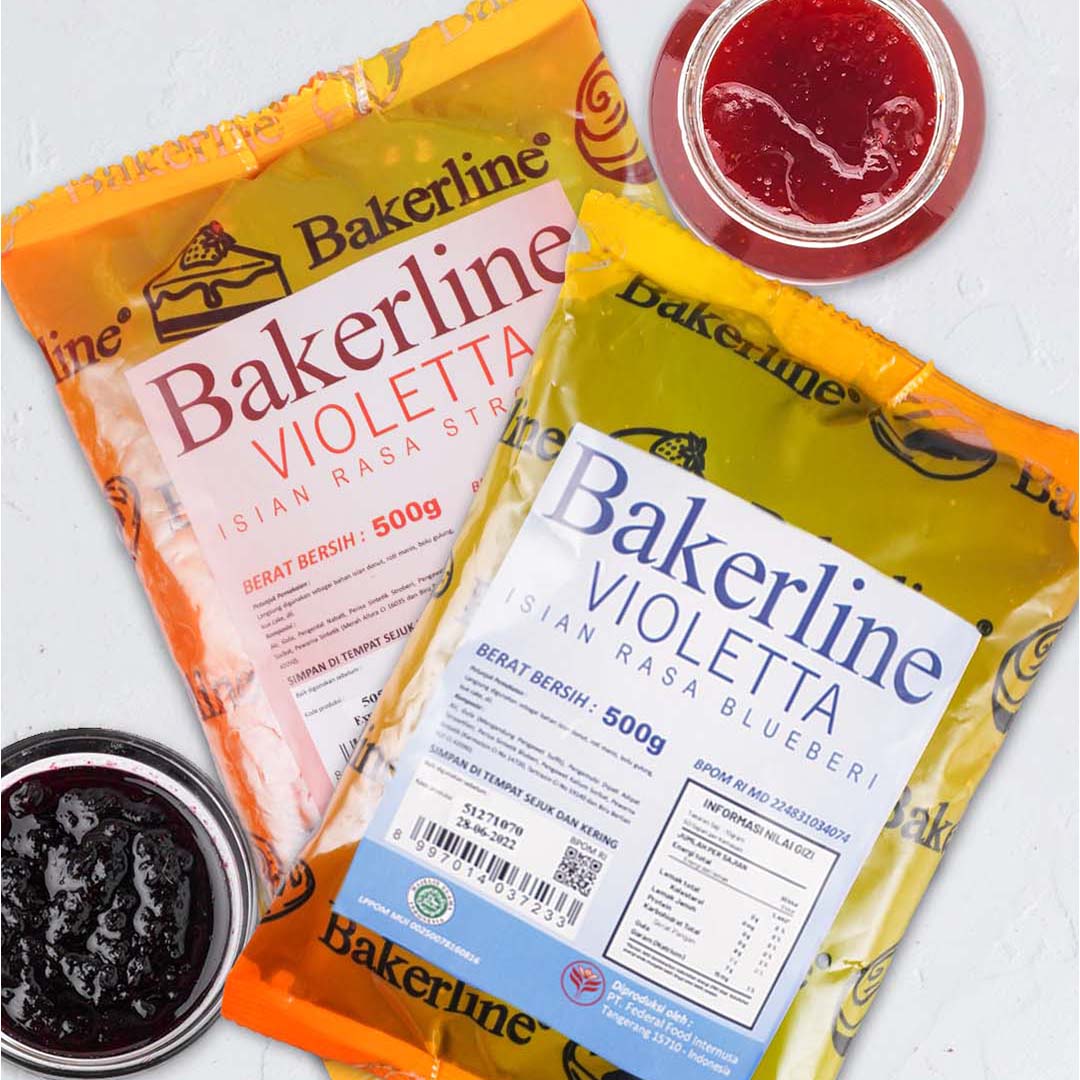Two Vital Stages in Bread Making: Resting and Proofing

Resting and proofing are two crucial processes in bread making to create high-quality bread. These two processes are often misunderstood as being the same. Although both are stages for resting the dough, their purposes and characteristics are different, Elmer Lovers.
Resting
The purpose of resting is to allow the gluten in the dough to relax, making it easier to process and shape the dough. This results in the dough becoming more elastic. Additionally, its goal is to ensure that the bread has a better texture. The resting process is usually done after mixing the ingredients and before shaping the dough into its final form. This process takes about 10 - 30 minutes depending on the recipe and the type of bread being made. So, the resting process focuses on improving the texture of the dough to make it easier to work with, with a short duration and not directly involving an increase in dough volume.
Proofing
Proofing, or secondary fermentation, aims to develop the flavor and texture of the bread by giving time for the yeast to produce carbon dioxide gas. This process gives the bread a chance to expand and increase its volume and final texture. Additionally, the carbon dioxide gas produced from the yeast's activity allows the bread to have the desired structure. The yeast consumes the sugar in the dough and produces several compounds such as lactic acid and ethanol that give the bread its unique flavor. During this process, the dough, which has been shaped into its final form, is allowed to undergo further fermentation under optimal environmental conditions with the right temperature and humidity. Its duration is longer, about 1 - 2 hours depending on the temperature and type of yeast used.
As bread makers, we need to ensure that the dough is not overproofed or underproofed so that the layers of dough do not separate, and the bread expands to its maximum. By understanding the difference between the resting and proofing processes, Elmer Lovers can optimize each stage to produce bread with optimal texture, flavor, and volume.








